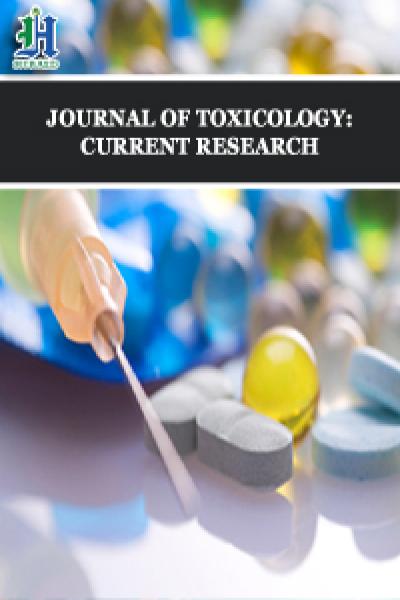
Genotoxicology
Genotoxicology is the study of substances that damage genetic material and cause mutations, chromosomal aberrations, or DNA strand breaks. These genotoxic effects can lead to carcinogenesis, reproductive toxicity, or heritable diseases. Genotoxic agents include industrial chemicals, environmental pollutants, pharmaceuticals, and radiation. Genotoxicological evaluations are integral to chemical safety assessments, drug development, and environmental monitoring. Standard assays such as the Ames test, micronucleus test, and comet assay are used to detect mutagenicity and DNA damage.
Emerging methods involve high-throughput genotoxicity screening, transcriptomic profiling, and computational modeling to predict genetic hazards. Regulatory agencies require thorough genotoxicity testing before approving new drugs or chemicals for public use. The Journal of Toxicology: Current Research invites research that explores the mechanisms of genotoxicity, identifies novel genotoxic agents, and advances testing methodologies. Understanding how chemicals interact with DNA is critical in preventing mutagenic exposures and protecting public health across clinical, pharmaceutical, and industrial domains.

